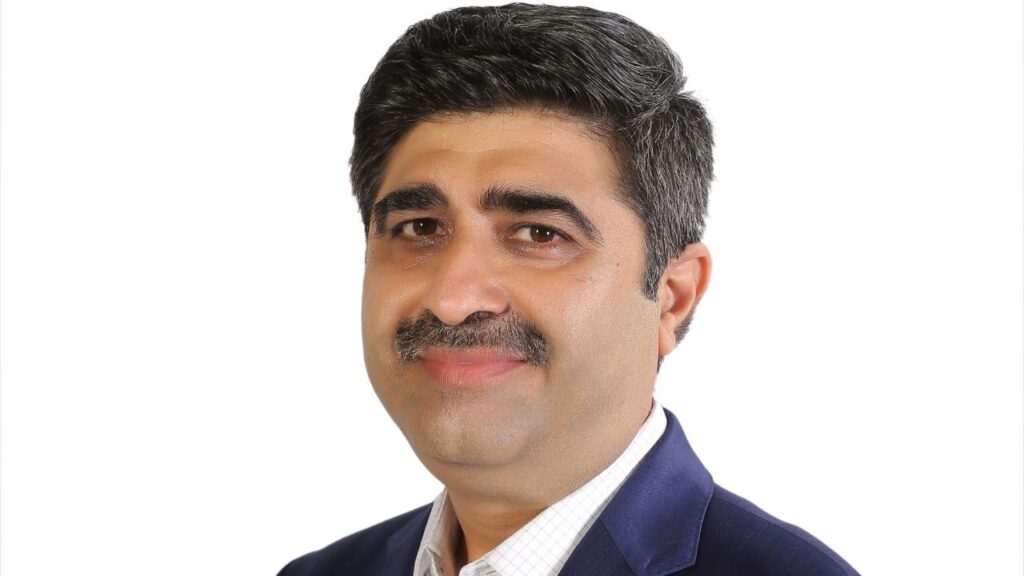1. What’s your leadership mantra in the fast-evolving auto landscape?
The automotive landscape is in constant flux, a truly volatile environment. What worked yesterday might not be relevant tomorrow. Therefore, our strategy must be agile, constantly evolving. We need to be flexible, ready to adapt, yet always firmly aligned with our long-term goals. And fundamentally, “EV Sahi hai” – electrification isn’t just a trend; it’s the right path forward for Volvo Cars, for our planet, and for the future of mobility.
2. How do you inspire and motivate your team during a challenging time?
During demanding periods, my focus is on reinforcing our team’s inherent strength and potential. We operate on the principle of controlling the controllables. We channel our energy where we can make a tangible difference and avoid getting bogged down by external factors beyond our influence. Most importantly, we double down on adhering to structures and processes. Robust processes are the bedrock of consistent results, especially when the going gets tough. Abandoning them in challenging times is counterproductive.
3. Tell us about a major screw-up in your career—what went wrong and what did you learn?
Early in my career, at a previous company, I made the mistake of aggressively pushing wholesale volumes to dealers, even offering extended credit terms. The intention was to show strong sales figures, but the reality was that it didn’t translate to actual retail demand. The dealerships became overloaded with inventory. The critical lesson I learnt was that pushing wholesales is a short-sighted strategy. The true measure of success lies in the healthy retail flow of cars from dealers to end consumers. Focusing on that pull dynamic is the only way to build a robust and sustainable business.
Also Read: Interview Harish Kohli Managing director of ACER INDIA PRIVATE LIMITED
4. What’s a mistake you see many young auto leaders making?
A common pitfall I observe among emerging leaders is an overemphasis on short-term gains, often at the expense of long-term vision. In this industry, it’s paramount to strike a balance between short-term needs and long-term sustainability. Prioritizing the long-term impact, even if it means making tougher choices in the present, is crucial for building lasting success.
5. What’s the next big disruption you foresee in the auto industry?
I see two major disruptive forces shaping our future. The first is the rise of “Software-Defined Vehicles.” Cars are increasingly becoming sophisticated computers on wheels, with software playing a central role in everything from performance and safety to infotainment and autonomous driving capabilities.
The second is the evolving EV ecosystem. This encompasses not just the vehicles themselves but the entire infrastructure supporting them – charging networks, battery technology advancements, sustainable material sourcing, and the circular economy around batteries.
6. What books, podcasts, or quotes changed your perspective on leadership in Auto?
Dr. Jeffrey K. Liker’s book, “The Toyota Way – 14 Management Principles,” has profoundly influenced my leadership philosophy. Its emphasis on continuous improvement, respect for people, and a long-term perspective resonates deeply with Volvo Cars values.
7. How is Volvo positioning itself as a leader in safe and sustainable mobility in India?
In India, our strategy is clear: to be at the forefront of safe and sustainable mobility. Safety has been in Volvo’s DNA for decades, and we continue to innovate and push the boundaries of what’s possible in vehicle safety. Simultaneously, we are aggressively pursuing our electrification goals, bringing our latest electric vehicles to the Indian market. Beyond the vehicles themselves, we are committed to sustainable practices throughout our value chain, from responsible sourcing of materials to exploring circular economy solutions. We aim to offer Indian consumers premium, safe, and environmentally responsible mobility solutions, contributing to a cleaner and safer future for the country.


